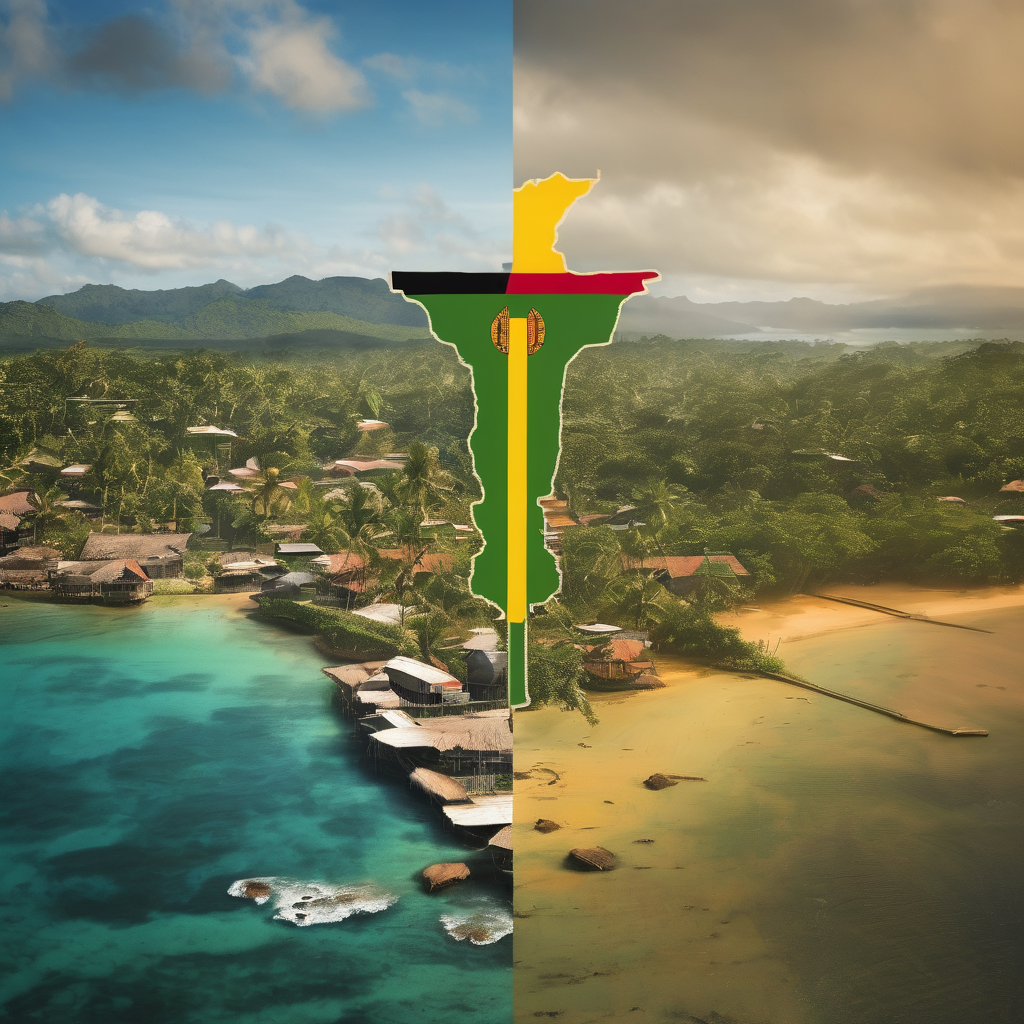U.S. President Donald Trump has recently announced that the Defense Department is preparing for possible military action in Nigeria if the government fails to address the ongoing violence against Christians. In a post on his platform Truth Social, Trump stressed the necessity for a formidable response, suggesting that the U.S. could intervene “guns-a-blazing” against the Islamic terrorists responsible for these atrocities.
In a significant shift in policy, Trump declared that the United States would halt all aid and assistance to Nigeria, emphasizing the seriousness of the situation and his administration’s commitment to protecting persecuted religious organizations. This stance highlights the urgent concerns regarding the escalating security and humanitarian crises facing Christians in Nigeria, where violence from groups such as Boko Haram has surged to alarming levels.
Trump’s announcement reflects a continuation of his previous foreign policy strategies, which often prioritize support for regions facing distress among religious and ethnic minorities. This approach mirrors his vocal military backing for allies such as Ukraine amidst threats from Russia, signaling a similar resolve to protect human rights where they are under siege.
While the prospect of military intervention carries significant complexities and potential repercussions, Trump’s remarks could draw international attention and support for initiatives aimed at safeguarding vulnerable populations. The humanitarian aspect continues to be a critical concern, as his statements may inspire renewed discussions on effectively combating terrorism and violence against minority groups worldwide.
As the situation develops, there is hope for a measured approach that emphasizes peace and security while ensuring that the struggles of persecuted communities do not remain overlooked. Collaborating with international allies and fostering dialogue could lead to diplomatic resolutions that prioritize the safety and rights of those affected by violence and extremism.
